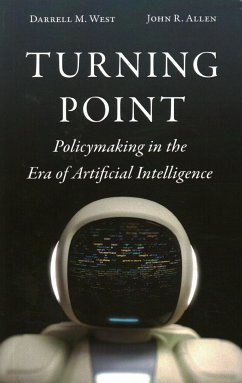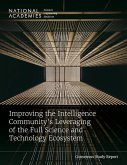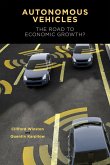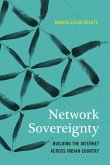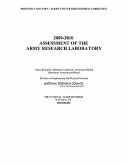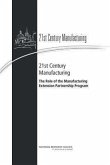" Artificial Intelligence is here. How can society make the best use of it? Until recently, artificial intelligence sounded like something out of science fiction. But with the advent of increased computing power, machine learning, and data analytics, AI is becoming more common, from software that can spot possible tumors to e-commerce algorithms that seem to know what you want to buy before you decide. Throughout the economy and in many aspects of daily life, artificial intelligence has become the transformative technology of our time. Despite its current and potential benefits, AI is littleunderstood and widely feared by the larger public. The rapid growth of artificial intelligence has given rise to concerns that emerging technologies will create a dystopian world of increased inequality, declining privacy, and a broad threat to humanity itself. In this compelling and readable book, West and Allen discuss both the opportunities and risks posed by artificial intelligence-and how near-term policy decisions could determine whether the technology leads to utopia or dystopia. Drawing on in-depth studies of major AI uses, the authors detail how the technology actually works and outline a policy and governance blueprint for gaining the benefits of artificial intelligence while minimizing its potential downsides. They make a number of recommendations for improving governance, strengthening ethics, and reducing the biases that are present in algorithms. Turning Point is essential reading for anyone concerned about how artificial intelligence operates. "

